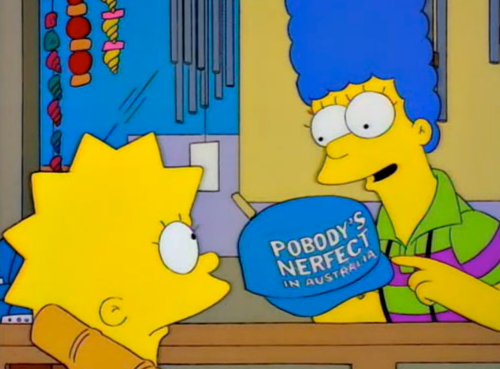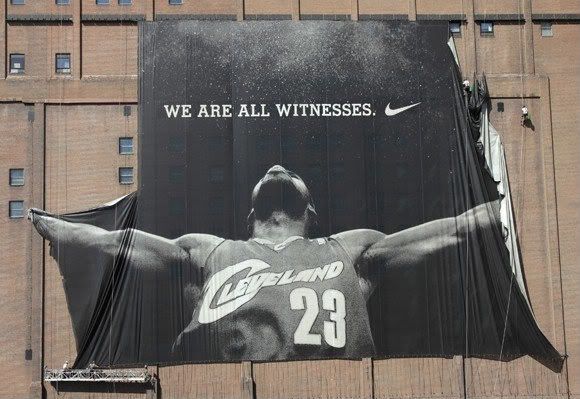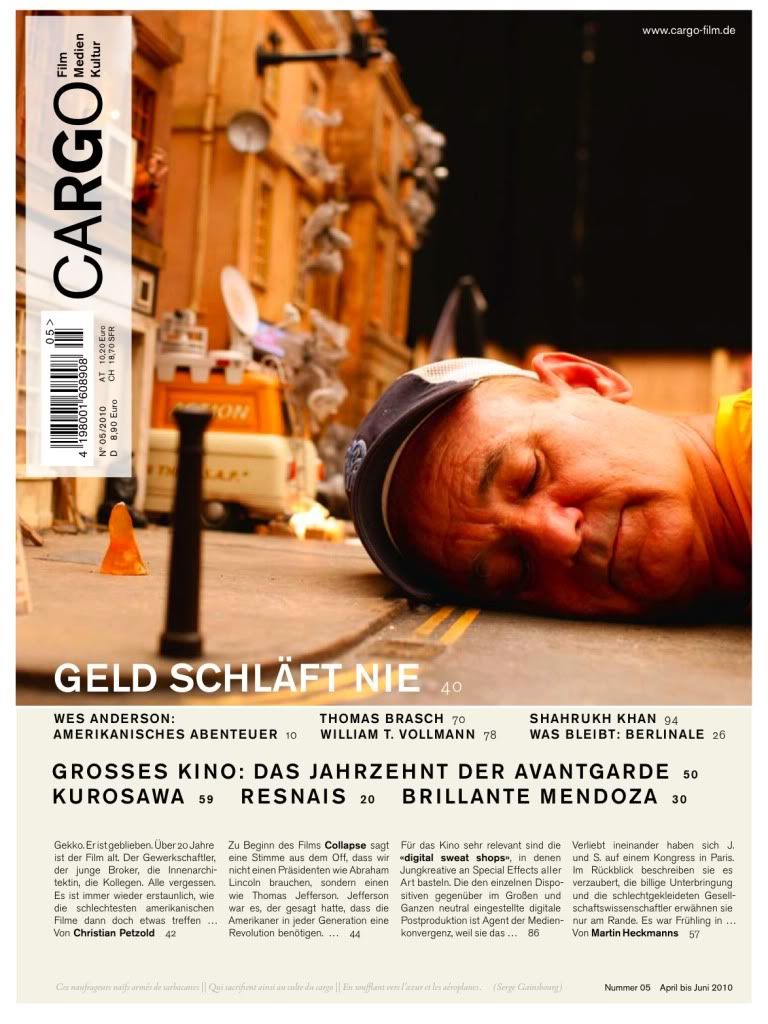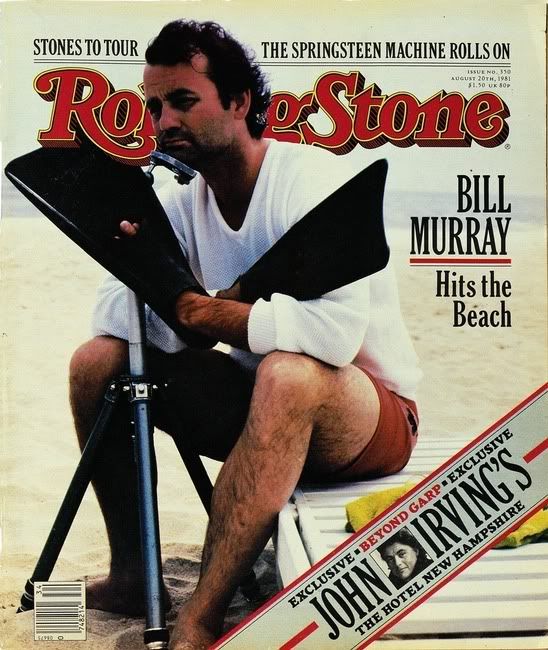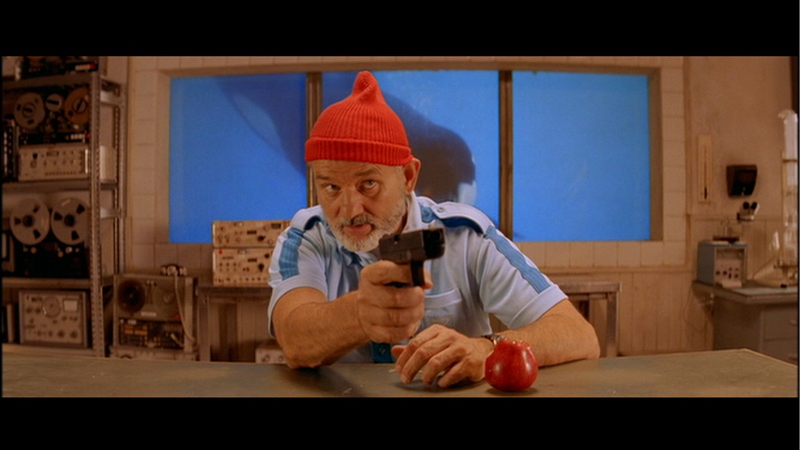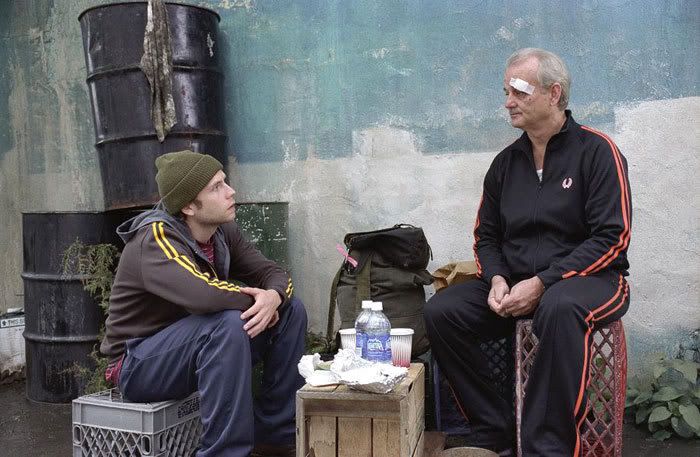Viewing Log #58: Midterm slide into weekend vegetabling [11/1/10 - 11/7/10]
by Ryland Walker Knight
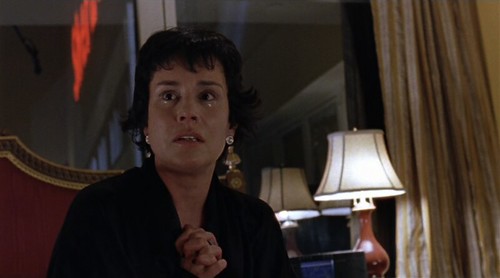
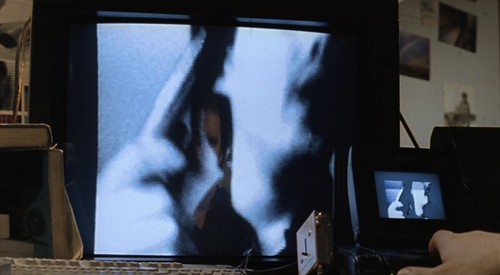
- The second season finale of Eastbound & Down [Jody Hill, 2010]. Well, I'll tell you what. I liked the abrupt ending, to be certain, despite my fear of it simply setting up a third season, but aside from that I think the storytelling in this season was a lot sloppier and mean-spirited than the first go-round. Also, more sentimental, which means not as funny, but that's how these things go. Not everybody can be Ricky Gervais or Larry David, to pick two other comedies I've enjoyed on HBO. This one's worth seeing, at any rate, if only for the not-cool confidence of the great creation that is Kenny Fucking Powers.
- Hamlet [Michael Almereyda, 2000] # Truly inventive adaptation with all the play of media and the visual puns and all that image-making throughout. Ethan Hawke is a limp prince in a lot of respects but mostly it's his clipped in voice and his too-2000 shaggy mane. Julia Stiles can't win with that wardrobe, or with that twinned lack of cadence and presence. No surprise that Bill Murray's the best thing going, giving each line a thoughtful reading (however much he's hamming, he's playing a ham) and each line makes me laugh; he truly gets it, he's not reciting. But, as I opened this note, the performances are largely secondary to the formal fun of video and film and montage and reflections. Almereyda's almost saying cinema exists to perpetuate itself (as the only medium for myth any more) but it seems more likely that he's less obsessed with cinema the way Godard is than he is simply obsessed with images and how images talk (which is still Godardian, and of an Eisensteinian inheritance).
- Candyman [Bernard Rose, 1992] # It'd been ages so I'd forgotten plenty. It's plenty gross and still scary and probably fertile ground for a paper just like the one the film's out to lampoon in the first place. Also worth watching for the simple fact that it's got an intrepid female protagonist that I think lives up to these criteria.
- Reno 911!: Miami [Ben Garant, 2007] Mercifully brief and often a knee-slapper. Think this comedy's style's better suited to the TV, but I enjoyed the afternoon laundry time so I could care less if it could be "better."
- Obvious Child [Gillian Robspierre, 2009] Which you can watch here. As Martha wrote some time ago, the simple fact that this kind of story exists is an achievement, though slightly dubious, and what's really great about it is that it treats the issue not as an issue but a pragmatic choice and it's not about emotions, though there's that hook of the initial scene's "cold truth" and there's the honest head hanging on the morning of the abortion, because it's simply about a single event that happened to this one funny lady. Given Jenny Slate's actually doing some real acting here under her goof steeze (and that's encouraging, proof that she's got a future), my only quibble is the "Uno" thing at the end; but that's as fine a way to end this little thing as it would be to ask the dude if wants to play checkers; i.e., I'm glad there wasn't another make out scene. Cuz those are the worst!
- Tim and Eric Awesome Tour Great Job! 2010 Pusswhip went on too long for my old bones to enjoy standing still with a grin and a toe tapping, but otherwise it was just what I wanted. And more! John C. Reilly showed up as Steve Brule to much deserved adulation and went on to kill, from a few tips on health to a health exam of a pretty young lady (he touched her boobs, yes, among a slow slew of nosey, pointed questions) to an awkward slow dance with said lady. And Neil Hamburger was great, with some real good jokes that made people uncomfy. But the real stars were the real stars. Even if the facial jokes are often lost without a close-up or a sound effect. In any case, awesome show great job! I could never do any of that!
- Quick Change [Howard Franklin and Bill Murray, 1990] # Always loved this one, this picture of New York as one roadblock after another, as a place built to thwart dreams as often as to afford their possibility. The filmmaking is "functional" but not "bad" and, you know, that's largely "okay" because the picture (Bill Murray) is hilarious. Honestly? I'll take this over After Hours any day.
- The 'Burbs [Joe Dante, 1989] # Good fun for a late night, though that one neighbor's motormouth just doesn't shut up. Like, ever. Funny to see Dick Miller in this (however small the garbage man role) after last week seeing his first real role in that Corman. I'd forgotten Carrie Fischer's Hanks' wife, too, and that was cool.
